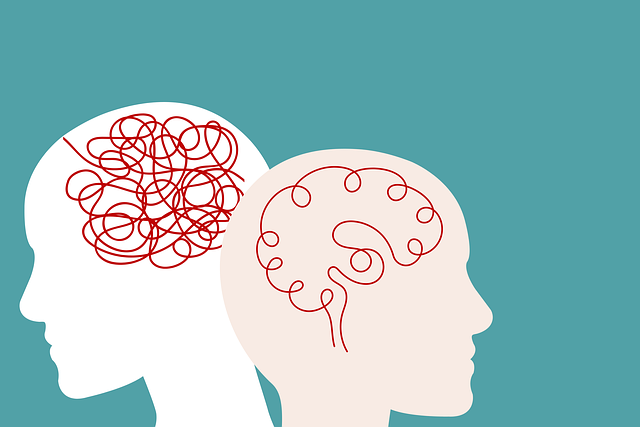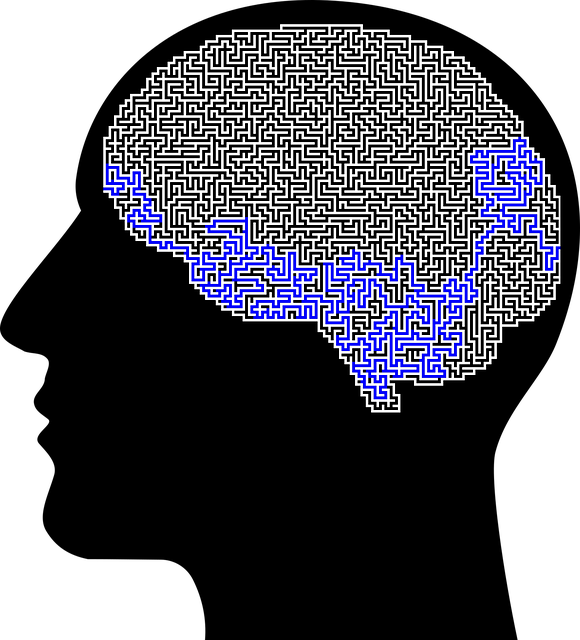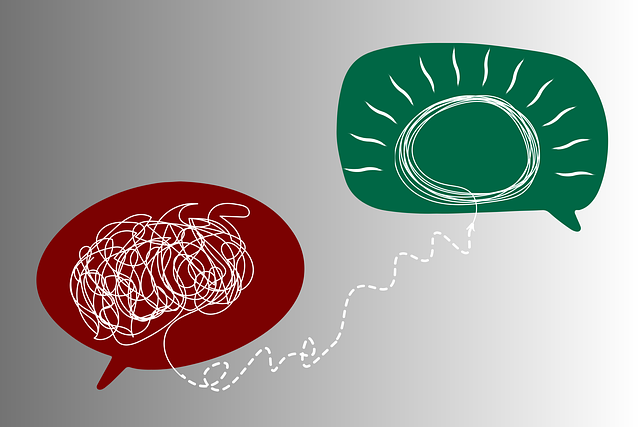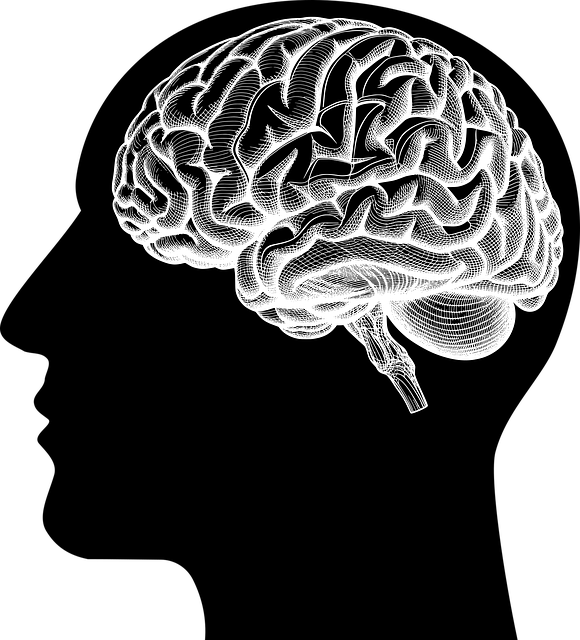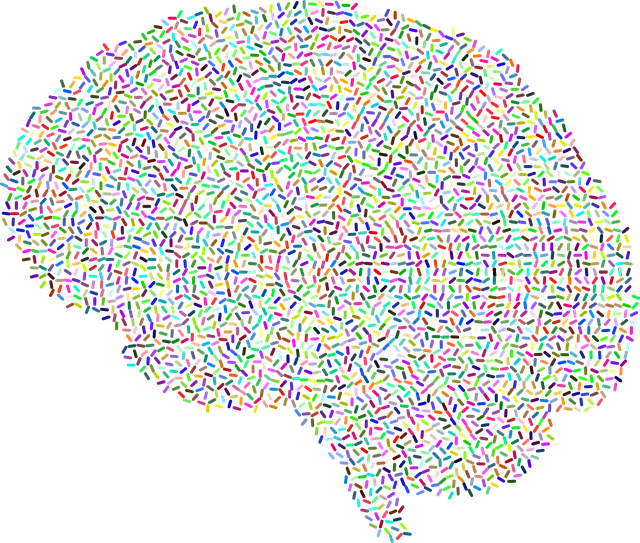In Northglenn, Crisis Intervention Teams (CITs) are key to swift and effective support during emotional crises, using Mind Over Matter principles and Self-Awareness Exercises for long-term healing. Effective training includes holistic care, comprehensive mental health evaluations, therapy, interactive guidance, journaling exercises, peer mentoring, and immersive simulation scenarios reflecting the city's diverse community. Regular feedback and cultural competency training ensure continuous improvement. Evaluating CIT training through Northglenn Mental Health Evaluations measures skill improvements and real-world applicability, fostering resilience and inclusivity in crisis management.
In today’s challenging landscape of mental health care, Crisis Intervention Teams (CITs) play a vital role in Northglenn communities. These specialized teams, comprising professionals from diverse backgrounds, are trained to swiftly and effectively respond to individuals in crisis. This article explores the critical components of CIT training programs, focusing on their role in Northglenn mental health settings. We delve into practical strategies for simulation training in evaluations, emphasizing skills essential for successful interventions, and provide evaluation methods to ensure program effectiveness.
- Understanding Crisis Intervention Teams: Role and Importance in Northglenn Mental Health Settings
- Key Components of Effective Crisis Intervention Team Training Programs
- Practical Strategies for Training and Simulation in Mental Health Evaluations
- Measuring Success: Evaluation Methods for Crisis Intervention Team Training
Understanding Crisis Intervention Teams: Role and Importance in Northglenn Mental Health Settings

In Northglenn mental health settings, Crisis Intervention Teams (CITs) play a pivotal role in providing immediate and effective support to individuals experiencing severe emotional crises. These teams are designed to offer rapid assessment and intervention during times of heightened distress, ensuring that patients receive the necessary care promptly. CIT members, often comprising trained professionals from various disciplines, collaborate to stabilize individuals, de-escalate situations, and facilitate access to appropriate treatment, including therapy and mental health evaluations.
The significance of CITs lies in their ability to implement Mind Over Matter principles, fostering emotional healing processes through tailored interventions. By integrating Self-Awareness Exercises into their protocols, these teams empower patients to navigate and overcome challenging situations. This holistic approach not only addresses the immediate crisis but also equips individuals with valuable coping strategies for long-term mental well-being.
Key Components of Effective Crisis Intervention Team Training Programs

Effective crisis intervention team training programs are multifaceted and incorporate several key components to ensure success. Firstly, these programs should provide comprehensive Northglenn Mental Health Evaluations and Therapy options, allowing participants to understand various mental health conditions and develop strategies for assessing and responding to crises. This includes training in risk assessment, suicide prevention, and trauma-informed care, ensuring a holistic approach that addresses the complex needs of individuals in crisis.
Additionally, programs should offer interactive Crisis Intervention Guidance, enabling trainees to practice skills in real-life scenarios. Incorporating Mental Wellness Journaling Exercise Guidance can enhance self-awareness and reflection, fostering an environment where team members feel comfortable discussing their experiences and emotions. The design of Mental Health Education Programs should also include regular feedback sessions, peer mentoring, and ongoing support networks, promoting continuous learning and improvement among the intervention team members.
Practical Strategies for Training and Simulation in Mental Health Evaluations

Effective training for crisis intervention teams requires a blend of theoretical knowledge and practical strategies to prepare healthcare providers for real-life mental health evaluations. One key component is immersive simulation scenarios that mimic Northglenn’s diverse community, allowing trainees to navigate complex situations with cultural sensitivity. These simulations not only enhance decision-making skills but also foster empathy by putting practitioners in the shoes of individuals from various backgrounds.
Additionally, training programs should incorporate resilience-building exercises and emotional regulation techniques. By teaching providers how to manage their own stress and maintain composure during high-pressure situations, these programs ensure they can offer optimal care. Incorporating strategies for cultural competency training further equips healthcare providers with the ability to address the unique needs of every individual, promoting inclusive and effective Northglenn mental health evaluations.
Measuring Success: Evaluation Methods for Crisis Intervention Team Training

Evaluating the effectiveness of crisis intervention team (CIT) training programs is paramount to ensuring positive outcomes for both participants and the communities they serve. Measuring success goes beyond simply completing a course; it involves assessing the practical application of acquired skills and knowledge. Northglenn Mental Health evaluations play a crucial role in this process, offering a comprehensive insight into the impact of CIT training.
The evaluation methods employed should align with the Mind Over Matter principles, fostering resilience-building initiatives within the community. These assessments can include pre and post-training surveys to gauge changes in confidence levels and crisis management skills. Additionally, implementing Community Outreach Program Implementation strategies allows for real-world testing of new competencies, providing valuable feedback on the program’s practical applicability.
Crisis intervention team (CIT) training programs play a pivotal role in enhancing mental health care in settings like Northglenn. By equipping professionals with effective strategies, these programs ensure that crisis situations are managed competently and humanely. Integrating practical training methods, such as simulation exercises, allows for realistic practice in high-pressure scenarios, including Northglenn Mental Health Evaluations. This preparation fosters a culture of resilience and prompt intervention, ultimately improving patient outcomes and the overall effectiveness of mental health therapy in our communities.
